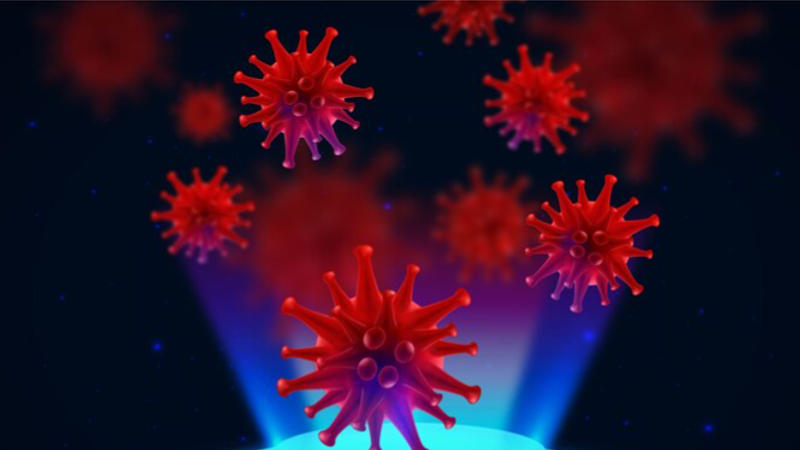Published 15:37 IST, January 6th 2025
Understanding HMPV: A Quick FAQ Guide
Human Metapneumovirus (HMPV) is a respiratory virus that can cause symptoms similar to those of the common cold, as well as more severe respiratory issues.

New Delhi: Human Metapneumovirus ( HMPV ) is a respiratory virus that can cause symptoms similar to those of the common cold, as well as more severe respiratory issues, especially in young children, the elderly, and those with weakened immune systems.
Here's all you need to know about HMPV, answered in the form of FAQs:
1. What is human metapneumovirus (HMPV)?
HMPV is a virus that primarily affects the respiratory system. It was first discovered in 2001 and is part of the Paramyxoviridae family. The virus can cause mild to severe illnesses, including colds, bronchitis, pneumonia, and, in some cases, difficulty breathing. It’s similar to other respiratory viruses like respiratory syncytial virus (RSV) and the flu.
2. How is HMPV transmitted?
HMPV is spread through respiratory droplets when an infected person coughs, sneezes, or talks. It can also be contracted by touching surfaces contaminated with the virus and then touching the face, especially the eyes, nose, or mouth. The virus is highly contagious, particularly in crowded settings like schools and daycare centres.
3. What are the symptoms of HMPV?
Symptoms of HMPV include cough, fever, sore throat, runny nose, and difficulty breathing. In severe cases, especially among infants, the elderly, or those with pre-existing conditions, it can lead to hospitalisation due to pneumonia or respiratory distress. Symptoms usually appear 4 to 6 days after exposure.
4. Is there a vaccine or treatment for HMPV?
Currently, there is no vaccine specifically for HMPV, and treatment is generally supportive. This means managing symptoms with rest, hydration, and over-the-counter medications. In more severe cases, hospitalisation may be required to provide oxygen therapy or other treatments for breathing difficulties.
5. How can I protect myself from HMPV?
Preventing HMPV involves regular handwashing, avoiding close contact with sick individuals, and covering your mouth and nose when coughing or sneezing. Cleaning frequently touched surfaces can also reduce the spread of the virus. If you experience symptoms of HMPV, stay home to avoid spreading it to others.
The Union Health Ministry is monitoring the situation through all available surveillance channels. ICMR will continue to track trends in HMPV circulation throughout the year. The World Health Organisation (WHO) is already providing timely updates regarding the situation in China to further inform ongoing measures.
The recent preparedness drill conducted across the country has shown that India is well-equipped to handle any potential increase in respiratory illnesses, and public health interventions can be deployed promptly if needed.
Get Current Updates on India News, Entertainment News along with Latest News and Top Headlines from India and around the world.
Updated 17:50 IST, January 6th 2025




